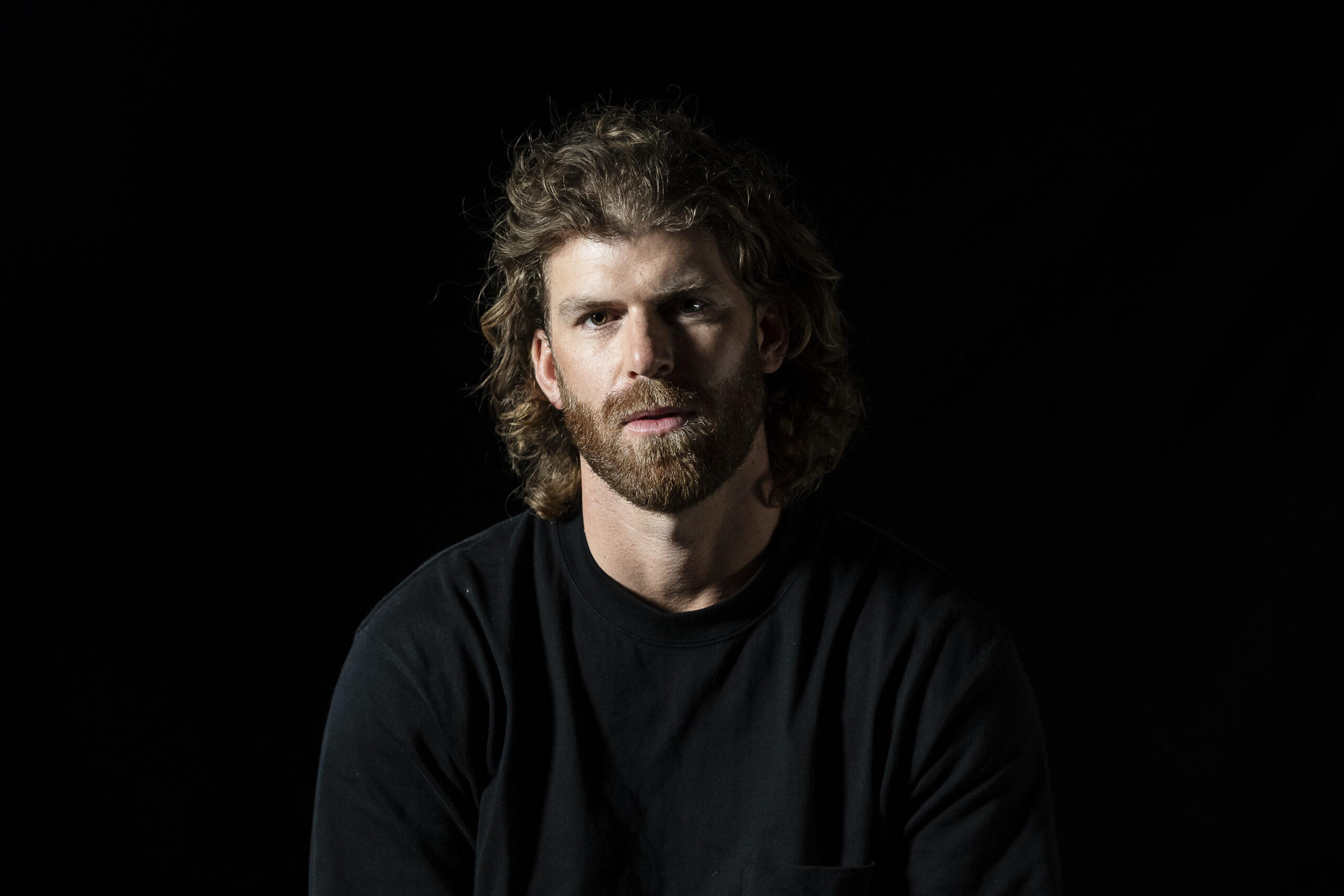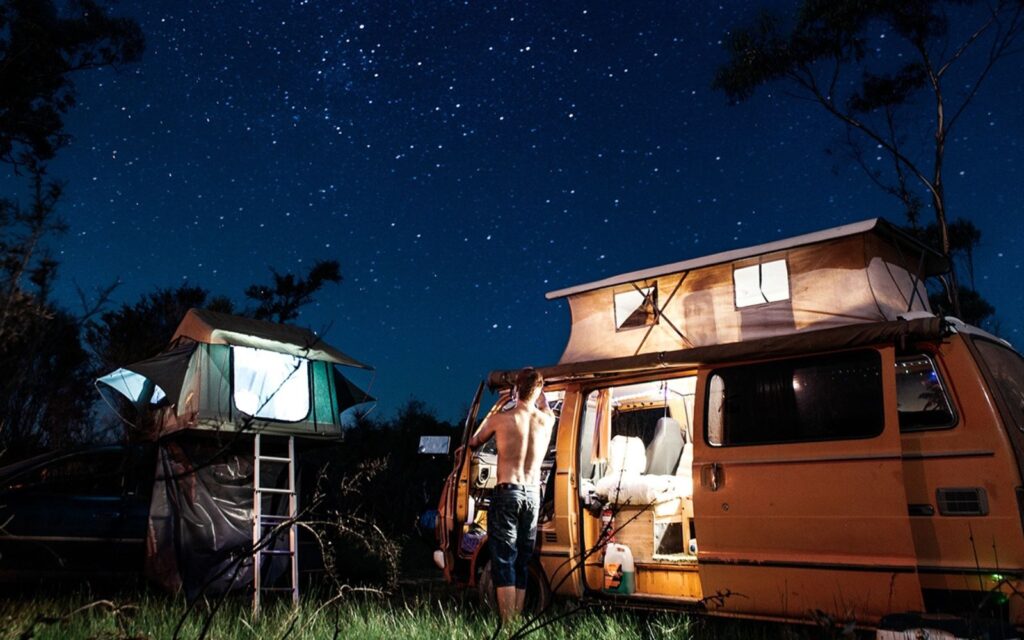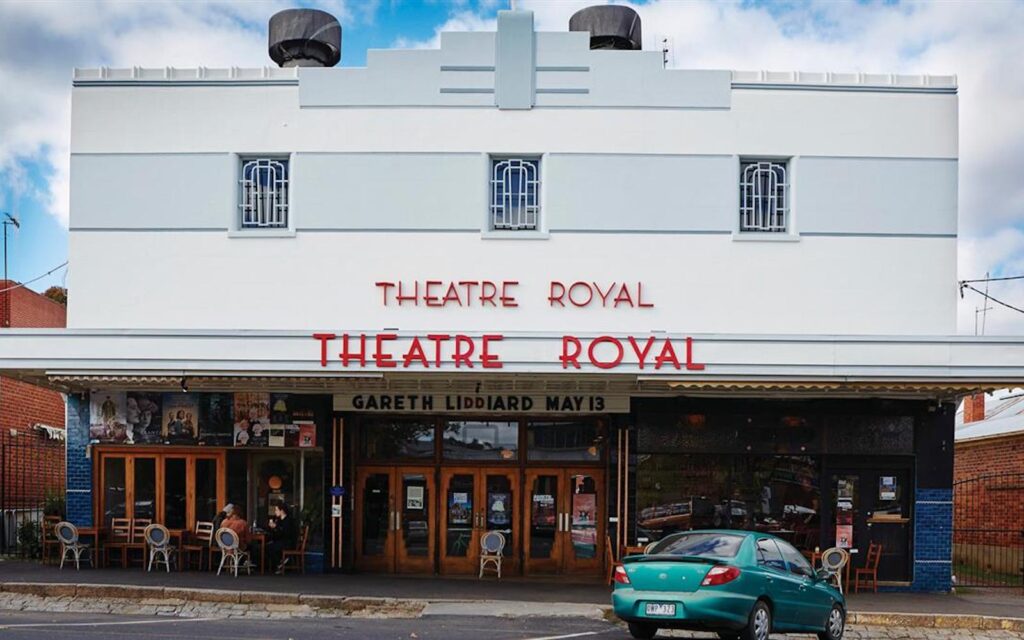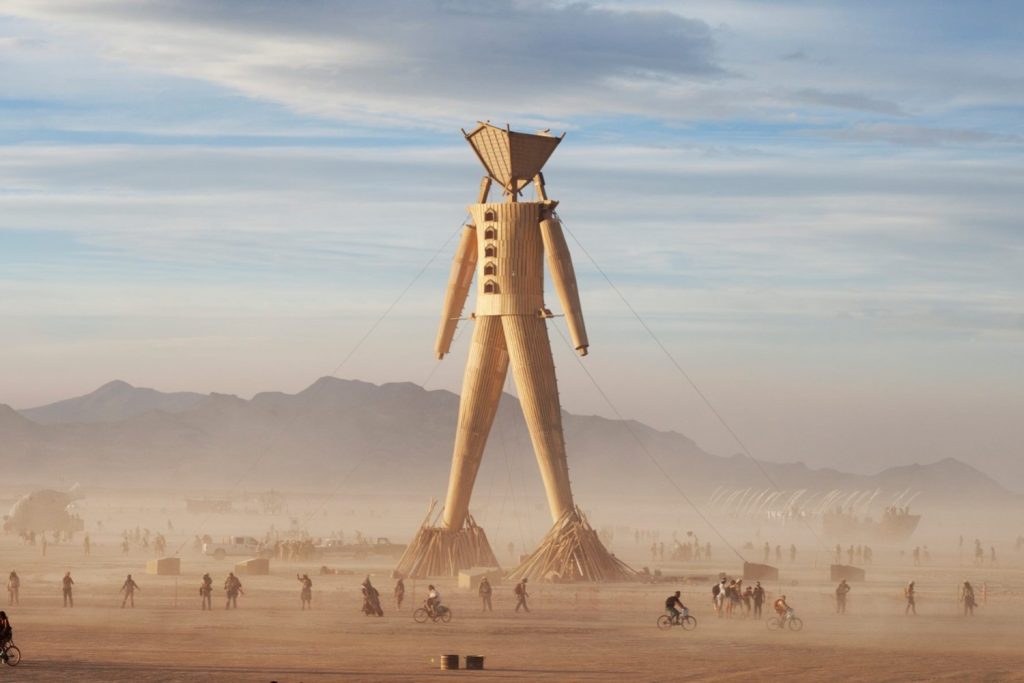"We don't want people standing by saying nothing," Baldwin says. "Call out the abuse or sexist 'jokes'."
Raw Lines is an urgent and community-focused social media initiative developed by Mushroom Group and supported by the Victorian Government, featuring five revered Australian musicians: Ella Hooper, Mo’Ju, Ngaiire, Hatchie and The Rubens’ Scott Baldwin.
Baldwin forms a powerful part of Raw Lines, speaking directly to the community to raise awareness of the inexcusable and despicable rate of sexual harassment and violence in Australia.
We spoke to him about why Raw Lines and the message it delivers is so important, both for him personally and for our society.
Why did you want to become involved with Raw Lines, was there something specific about the initiative that resonated with you?
I really thought it was a great message to spread around.
It’s a tough issue to talk about most of the time and a lot of people struggle to talk openly about harm caused to themselves or people they love.
Often, people can live with the pain for years or even a lifetime and deal with this shame alone. Talking out before something happens is obviously the best solution and what we are trying to do here. But trying to do it collectively as a community: it’s the prevention step.
Also, raising awareness and squashing stigmas is another aspect of educating our peers or communities.
But, probably the main reason I wanted to be involved, was to give people tools to deal with abuse and to encourage people that there is great healing and growth that comes from speaking up and about these issues, no matter what stage it’s at.
We need to call it out and deal with this huge issue as a community.
As a popular musician, why is it important for you and your peers to take a stand on raising awareness and education of sexual harassment and violence with youth audiences?
I think, whether we like it or not, we are seen by our peers as leaders of art and culture.
We can, in some ways, have an influence over our peer groups. For example, what’s cool, what’s in, what are social norms et cetera. I think, even if you look at some examples of people in status positions all over the world, there are people who have acted in ways that are extremely damaging to culture.
People who may have abused power, abused social norms, manipulated situations or people, gotten away with acts of abuse. The list goes on.
So, I think it’s very important to lead as a good example and say enough is enough. Abuse isn’t cool.
How has the initiative helped inform your knowledge and attitudes towards sexual harassment and violence?
That sexual harassment is alarmingly common and just how many people are dealing with it in our society. The scope of sexual abuse is also wider than ever, for example, the use of smartphones and the internet.
What do you want people who watch the videos and visit the website to take from the Raw Lines initiative?
We all need to be clear about our boundaries. To never assume things. Never assume consent for sex. I really think a lot of people need to realise how serious it is, and just how much we need to keep our friends safe. The responsibility is with us all.
Again, I would really like those people who have been victims of sexual abuse to seek out help. There is great healing that comes from calling this out and seeking out help yourself, or for someone you care for who’s going through something, who can’t find the strength to talk about it.
One of your messages is the importance of calling out sexist ‘jokes’, do you have any advice on a good way of doing this?
Depending on the severity of the joke of course, what I tend to do is not encourage it at first. There is nothing worse than telling a joke and no one laughing or encouraging your humour.
Most people learn quickly. After all, people saying these kinds of jokes are looking for a reaction or laughs from their peers and if they get it, the culture continues.
If the sexist jokes continue I’m straight up. Be clear and firm. It can be as simple as saying ‘Come on man, that’s not cool.’ Especially if the jokes are at the expense of someone else and they feel uncomfortable.
This is especially when we need to all step up and call out the behaviour, by asking people to stop what they are saying. Tell them that they are making you uncomfortable, or someone else feel dirty or insulted.
Often, people don’t realise how much these sexist words can have an effect on someone. Just bring their attention to it and often that is enough to stamp it out. I really think it’s about changing people’s mindsets about what is appropriate and what is not.
What else do you want to say to young people about the initiative or the issues it raises?
Just that we all have a really important responsibility to keep our friends and family safe. To call it out as early as it starts. Do not let things escalate and never do anything you’re not comfortable with.
On the other hand too, it is never too late to say NO. It is never too late to ask someone to stop.
If you’re not comfortable, it’s absolutely never too late to speak up, to seek help and to get help and healing if you have been a victim of abuse in any way.
For further information, visit Raw Lines at www.rawlines.com.au
If you have experienced sexual abuse and need someone to talk to, you can call 1800RESPECT or Lifeline Australia for support and counselling or visit the list of resources provided by Raw Lines. This article was made in partnership with Mushroom Group.







